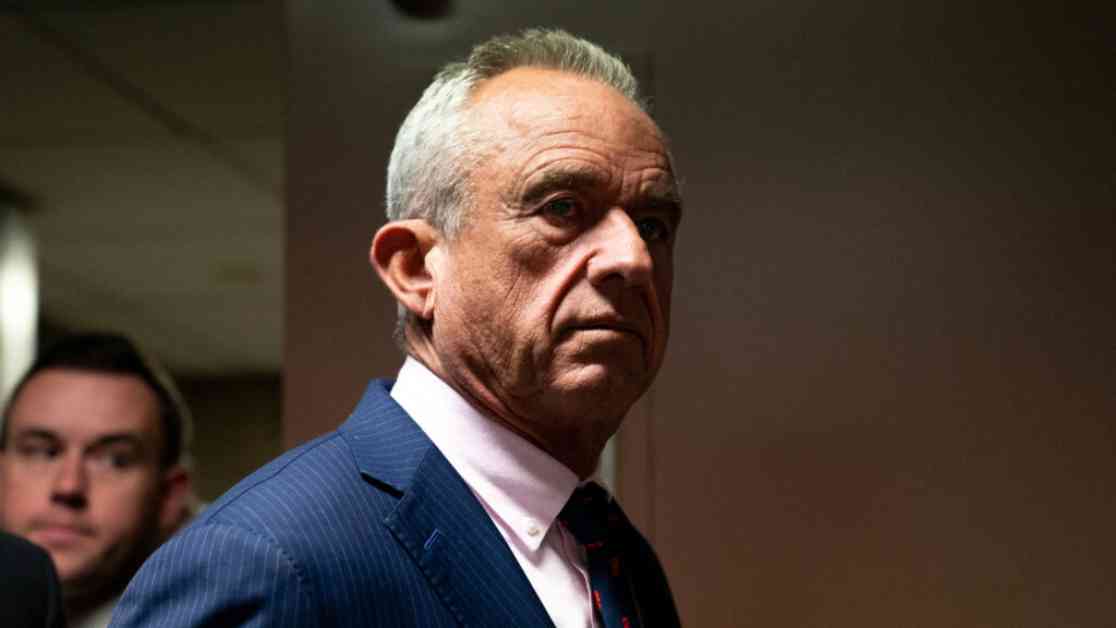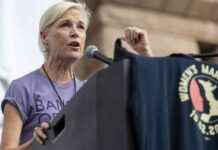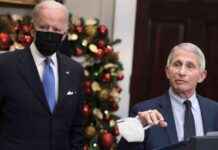Robert F. Kennedy Jr.’s Financial Disclosures Unveiled: A Closer Look at Investments and Income Sources
Financial disclosures have shed light on the investment portfolio and income streams of prospective health secretary Robert F. Kennedy Jr. for the years 2022 and 2023. These documents, obtained by STAT through a public records request, provide valuable insights into Kennedy’s financial landscape as he navigates the intricate process of seeking Senate confirmation in Washington.
The Code of Ethics and Financial Conflicts of Interest
As the potential head of the Department of Health and Human Services, Kennedy would be required to adhere to a strict code of ethics that emphasizes the avoidance of financial conflicts of interest. This ethical guideline is particularly crucial given Kennedy’s multifaceted financial engagements, including biotechnology investments and a diverse portfolio of income sources.
Kennedy’s overarching mission of “Make America Healthy Again” hinges on addressing such conflicts of interest and ensuring transparency in his financial dealings. Notably, the documents underscore the need for Kennedy to halt his legal practice, unless authorized by the deputy attorney general, to avert any potential ethical breaches.
Insights into Kennedy’s Financial Profile
In the past year, tax filings have revealed that Kennedy earned a substantial income exceeding $20,000 weekly in his capacity as chairman and chief legal counsel at the nonprofit organization, Children’s Health Defense. However, in a strategic move, Kennedy took a leave of absence from his roles at the nonprofit in April 2023, relinquishing his pay and benefits to focus on his presidential aspirations.
Unveiling Kennedy’s Transition and Financial Decisions
This shift in Kennedy’s financial commitments signals a pivotal moment in his career trajectory, reflecting his dedication to public service and his evolving priorities. As Kennedy navigates the complex terrain of financial ethics and governance, his decisions illuminate the intricate balance between personal financial interests and the public good.
Isabella Cueto’s insightful coverage of chronic diseases offers a lens into the broader implications of financial disclosures and ethical considerations surrounding public officials’ financial affairs. Through her engaging narratives, Cueto delves into the complexities of health policy and the interplay between personal finances and public service, fostering a deeper understanding of the critical issues at stake.

















